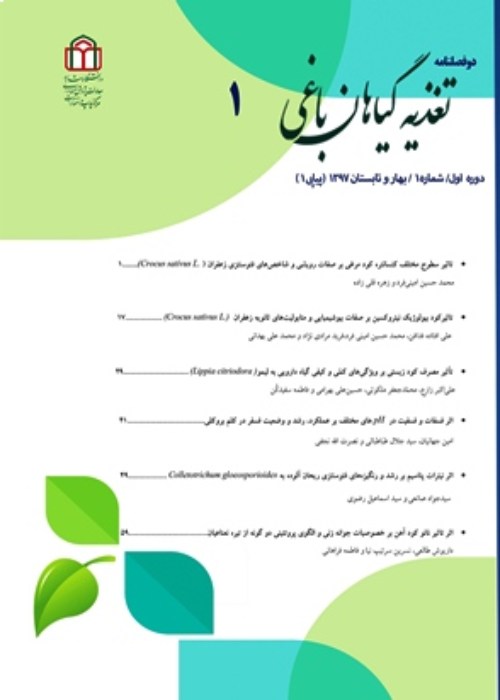Foliar application of seaweed extract, silicon and selenium improve growth characteristics and yield of tomatoes in different hydroponic substrates
The word biostimulant was apparently coined by horticulture specialists for describing substances promoting plant growth without being nutrients, soil improvers, or pesticides. The use of fresh seaweeds as a source of organic matter and as fertilizer is ancient in agriculture, but biostimulant effects have been recorded only recently. Chemical elements that promote plant growth and may be essential to particular taxa but are not required by all plants are called beneficial elements. The two main beneficial elements are Se and Si, present in soils and plants. Many effects of beneficial elements are reported by the scientific literature, which promotes plant growth, the quality of plant products, and tolerance to abiotic stress. This includes cell wall rigidification, osmoregulation, and reduced transpiration by crystal deposits, thermal regulation via radiation reflection, enzyme activity by co-factors, plant nutrition via interactions with other elements during uptake and mobility, antioxidant protection, interactions with symbionts, pathogen and herbivore response, protection against heavy metals toxicity, plant hormone synthesis and signaling. This study aimed to investigate the effect of different culture media and foliar application of some biostimulants (silicon, selenium, and seaweed extract) on growth characteristics and yield of tomato (cv. Dafnis) under hydroponic condition.
This study was a factorial experiment based on a completely randomized design with two factors of culture media (50% cocopeat + 50% perlite and 50% palm peat + 50% perlite) and foliar fertilizer application (control, concentration of 10 and 20% of seaweed extract, 25 and 75 mg/L sodium silicate and 4 and 10 mg/L sodium selenite) were applied in four replications.
This experiment showed that each of the main factors significantly affected the growth characteristics except stem diameter, number of leaves, and leaf area. There was no significant difference in terms of yield and yield components between palm peat + perlite with cocopeat + perlite. It was also found that foliar application of seaweed extract, silicon, and selenium significantly improved yield and yield components compared to the control treatment. So that among the studied treatments, the highest increase in yield was obtained with the application of 20 % concentration of seaweed extract as well as 75 mg/L sodium silicate.
In general, palm peat in combination with perlite can be used as a suitable media in hydroponic cultures. Also, foliar application of seaweed (20 %), silicon (75 mg/L), and selenium (10 mg/L) had positive and significant effects on vegetative growth and yield of tomato and can be recommended in commercial tomato greenhouses.
- حق عضویت دریافتی صرف حمایت از نشریات عضو و نگهداری، تکمیل و توسعه مگیران میشود.
- پرداخت حق اشتراک و دانلود مقالات اجازه بازنشر آن در سایر رسانههای چاپی و دیجیتال را به کاربر نمیدهد.


